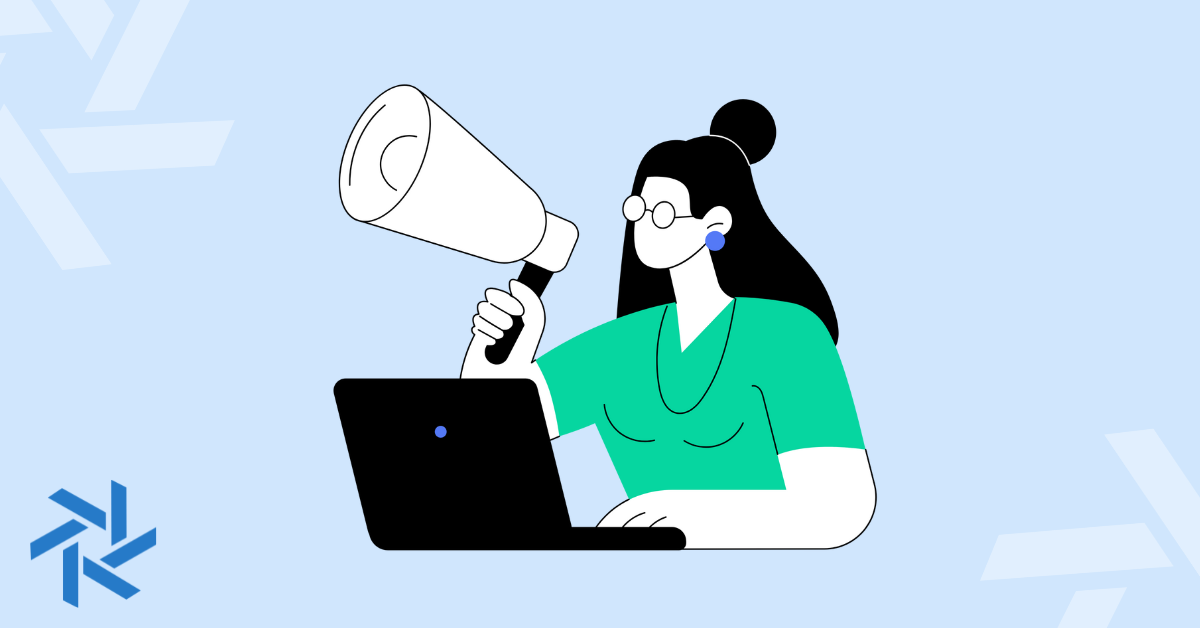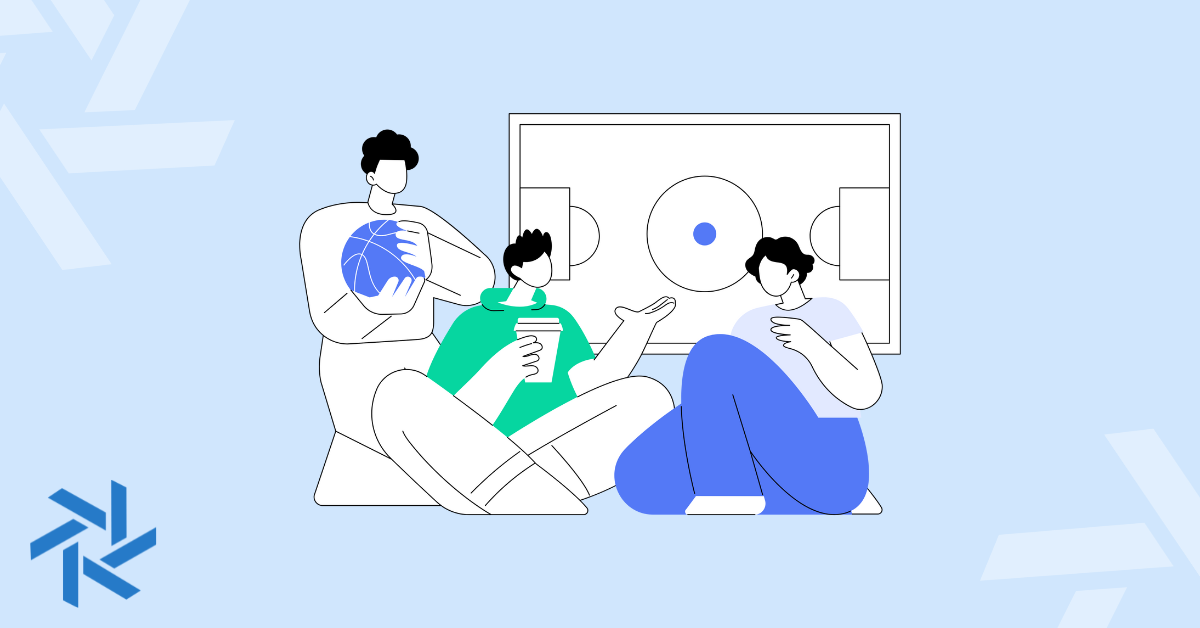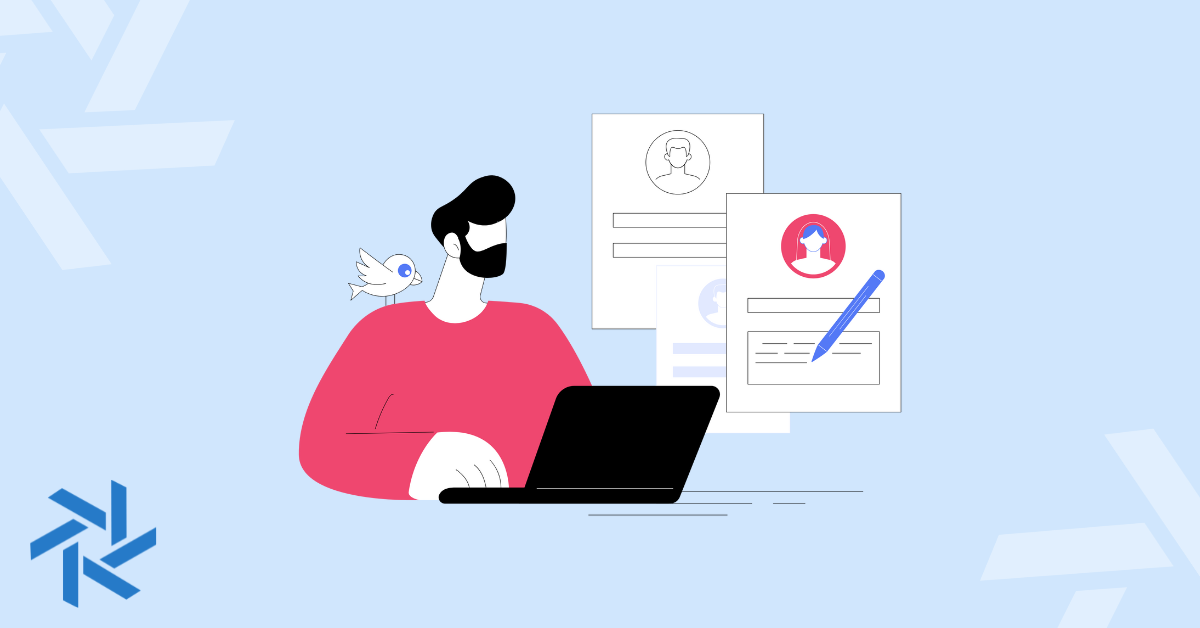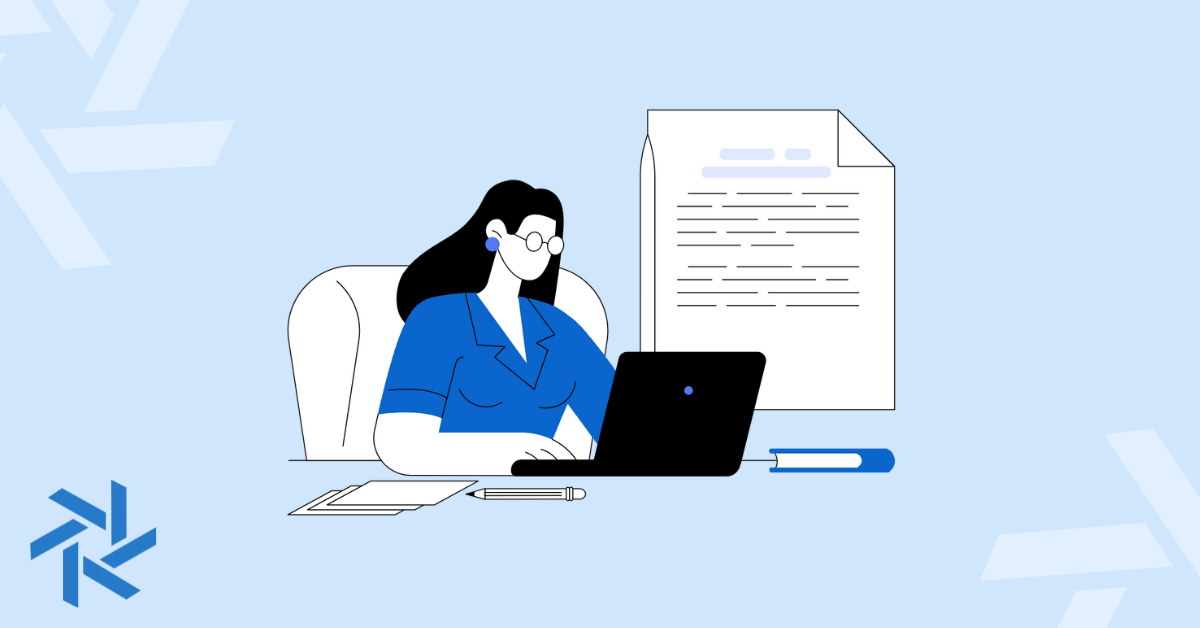How to Avoid Distractions While Working From Home

A work from home setup allows you to enjoy many perks a traditional office-based career doesn't offer. It gives you freedom with work schedules, and you don't have to dress up, get ready and commute to the office.
But the biggest challenge workers have — and often the reason some organizations are reluctant to offer remote benefits — is losing focus and being distracted.
While it might take some effort, there are ways to avoid distractions while working from home. Here’s a few tips to help you stay focused and productive.
1. Build a Professional Workstation
The main challenge with working from home is setting the boundary between work and personal life. Home is heavily associated with comfort and relaxation, so it's hard to determine when the line of personal life ends and work starts.
That's why an office set-up in your home is advantageous because of the clear distinction between the two. It gets you into a mindset of when to exactly switch your role to an employee.
However, this limitation is blurred when you work from home, as two separate things often mingle in one environment.
One way to resolve this is to set up a professional workspace to separate the two. Ensure this is a quiet space, like a corner in a specific room or a completely different room.
This depends on the size of the place you reside, so your options might be limited on how you separate yourself from work at home.
2. Set up an Ergonomic Office
You slump at your desk for eight hours is not good for anyone’s physical or mental health.
So make your home office area extra comfortable to avoid neck pain, backaches and other bodily discomforts that can be sources of distractions later.
Here's how to ensure you get the right working height:
- Ensure your eye line is at the same level as the address bar browser from your laptop or desktop.
- Find a table with a height where your wrist is naturally flat and resting on the surface, not flexing upward or angled oddly.
- Use an office chair to protect your lumbar and neck. Seriously, investing in a good home office chair is a MUST.
- Put some books or a hard box under your chair where your feet are so they don't dangle. Thighs must be almost parallel to the floor.
Adjust the chair and desk to a suitable height so it feels less painful when working. A vertical desk is also a great option to switch to standing when necessary.
Most employers that offer remote jobs, will have a stipend for you to buy equipment you need to make your home office complete.
3. Organize Your Day by Priority
Before each work day, categorize tasks between top and low priority so you can tackle the important ones first.
Remember also to include short breaks and use that time for things like exercise, switching scenery, taking a walk, or some simple household chores in between.
Distractions are inevitable and sometimes, they come unexpectedly.
If you ever get sidetracked because of unannounced visitors or unanticipated situations, at least you've completed your most important tasks.
4. Write Your Distractions Down
Whether it’s a to-do you must accomplish by 6 p.m. or a message you need to pass on to your spouse, take them off your mind by jotting them down.
Distractions occupy mental space. Even if you seem to focus well when working from home, these things stay at the back of your mind and draw your attention away from the tasks at hand.
There are two benefits to writing these things down.
- First, you remember them better since more regions of the brain light up when you do it.
- Second, you get a physical reminder to stick somewhere highly visible, which also increases retention. And you won’t have to keep thinking about it or randomly remembering, causing you to get distracted from your work.
5. Turn off Digital Distractions
Distractions can also be intentionally created (or accidentally fester until you lose control of your productivity…oops!).
These are the notifications on your mobile devices, distracting websites and social media you access while working from home, depriving you of the focus you need to be productive.
Eliminate these productivity killers by putting your phone on silent mode and hiding it from your sight. The more you see it, the harder it is to evade.
Clean your browser and keep it work-centered by installing a website blocker to restrict access to only the sites you need. By removing these hindrances, you can give your 100% at work.
6. Set Boundaries With Family
A significant work from home personal policy is setting rules for interruptions.
It's understandable if your kids or significant other disrupt you because of an emergency.
Otherwise, you must establish clear expectations, as they could come in the house screaming and interrupting your virtual meetings, calls, or deep work.
Communicate your work needs and schedule to family members.
Give them a time window — perhaps after lunch — when they can bring a concern to your attention. It helps avoid frustration and prevents stress on your part.
7. Use a Timer
If someone offered you $1 million to copy a 100-page novel in one night, what would you do?
You'd most likely stay up all night to finish the thing quickly or use AI to help you.
But if they asked you to do the same and receive $100 after 30 days, you'd likely procrastinate.
Most successful people don't suffer from distraction because they consider their time precious, which is the opposite of many remote workers, who are always playing tug-of-war with procrastination.
An excellent strategy to prevent task delays is to use a timer (or calendar blocks of time set for specific work) — you give value to your time and a deadline to yourself.
It also creates a sense of urgency and provides visual proof of time's passing, helping you stay focused and avoid procrastination.
8. Block Away the Noise
It can be a real issue if your home location isn't an ideal one for focusing.
A good pair of noise-canceling headphones is an excellent investment if you have to deal with loud neighbors, annoying traffic noise, persistent construction work across the street and a crowded coffee shop.
Several music apps feature relaxing nature sounds like ocean waves and raindrops, chill jazz, and classic audio that all improve concentration. Listen to them while working to block the noise.
If you prefer working in silence, get a pair of comfortable soft silicone earplugs — they're cheap, and you can easily get them online or at any retail shop.
P.S. if you are looking for interesting music to play working from home, here’s some playlist examples to consider.
Balance Work and Personal Life
Working from home has several benefits.
You don't have to waste money and time commuting between the office and home.
You also enjoy a flexible schedule and more quality time with your loved ones — but only if you know how to manage it well.
Although in-person office work has distractions too, you also have to deal with various distractions at home. It's essential to set a boundary so you can work in peace and prevent interruptions from derailing your productivity.
Follow these above suggestions, and you'll nail your work from home setup and achieve the work-life balance you aim for.








